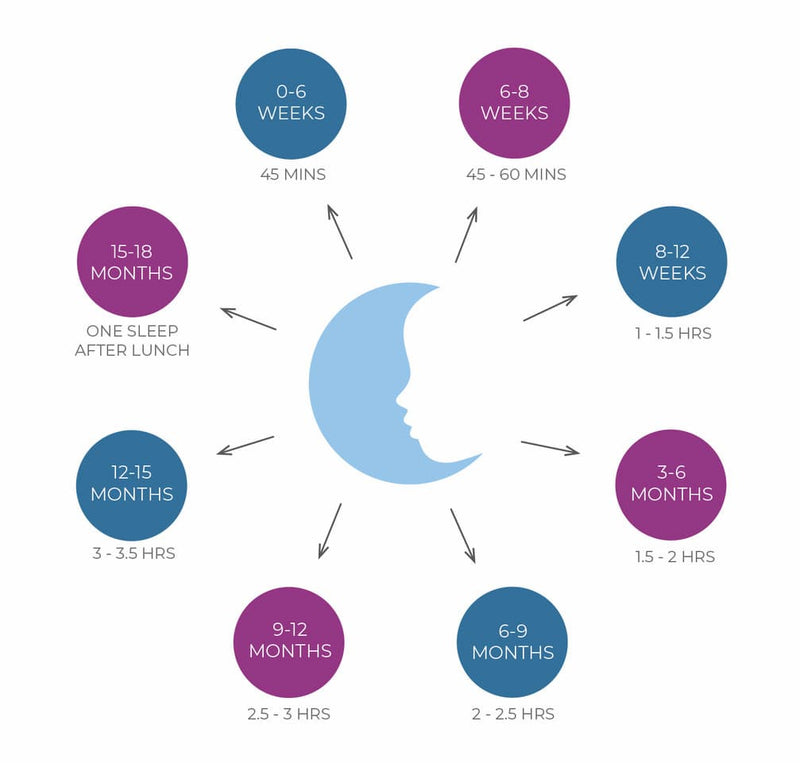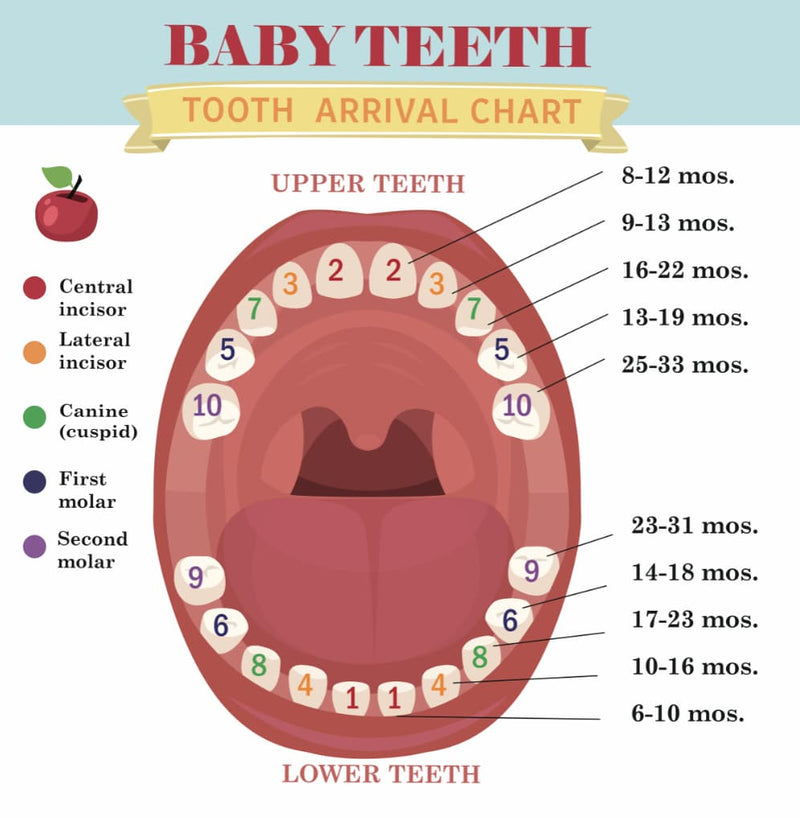
When Will Babies Stop Feeding Throughout the Night
One of the most challenging aspects of parenting a newborn is the seemingly endless nights of feeding and soothing.
Newborns have tiny tummies, and they need to eat frequently, even throughout the night. But as your baby grows and develops, you may be wondering when you can expect those nighttime feedings to come to an end.
In this blog, we'll explore the factors that influence when babies will stop feeding throughout the night and offer some tips to help you navigate this challenging phase of parenthood.
The Newborn Stage
Newborn babies have tiny stomachs that can hold only a small amount of breast milk or formula. Because of this, they need to eat frequently to get the nutrition they require to grow and thrive.
This means that it's entirely normal for newborns to wake up every 2-3 hours for feeding during the day and ideally aim for 4hrs apart at night. In the first few weeks of life, your baby's sleep-wake cycles are not yet developed, and their internal clock is still adjusting to life outside the womb.
When Do Babies Start Sleeping Longer Stretches?
The good news is that as your baby gets older, they will gradually start sleeping for longer stretches at night. Most infants start to show signs of a more consistent sleep pattern around 3-4 months of age. However, this can vary from baby to baby, and some may continue to wake up for nighttime feedings even beyond this age.
The Baby Sleep Magic App will help your baby get a full nights sleep within days or your money back, Download today on a 3-day Free Trial
Waking up during the night is normal for all of us, especially for babies who have much shorter sleep cycles than adults. Its how you settle your baby to sleep through the day, that will impact on how they sleep overnight. Try to resist feeding to sleep and be consistent with your settling techniques.
Several factors can influence when your baby will start sleeping longer at night
1. Weight Gain
As your baby grows and gains weight, they may be able to go longer between feedings. Babies who are gaining weight well are often ready to sleep for longer stretches at night.
2. Feeding Method
Breastfed babies tend to wake more often for nighttime feedings compared to formula-fed babies. Breast milk is digested more quickly, so breastfed babies may need to eat more frequently.
Ensure your baby is getting enough calories during the day - If your baby is feeding ALL night long… Time to swap it around. Offer regular feeds more often during the day and try to stretch out those night feeds to at least 4hrs apart, using your settling techniques in the meantime.
Some parents choose to implement sleep training methods to help their babies learn to sleep longer stretches at night. Baby Sleep Magic does not endorse sleep training for babies under the age of four months of age. Even then, between the ages of four to seven months of age, sleep methods are approached with caution.
The journey to getting your baby to stop feeding throughout the night can be challenging, but it's important to remember that it's a temporary phase in your child's development.
Every baby is different, and there's no one-size-fits-all answer for when babies will start sleeping longer stretches at night. Be patient, and remember that your baby's sleep patterns will gradually improve as they grow and develop.
In the meantime, take care of yourself and seek support from friends, family, or parenting groups to help you navigate this demanding but ultimately rewarding phase of parenthood.
































